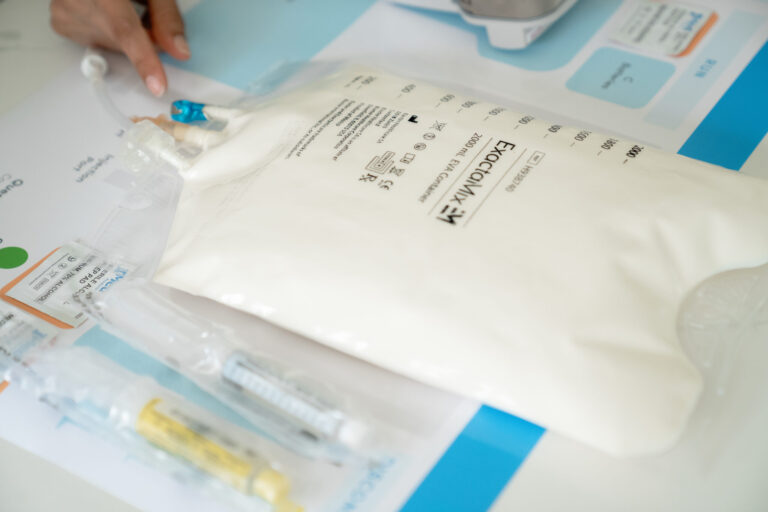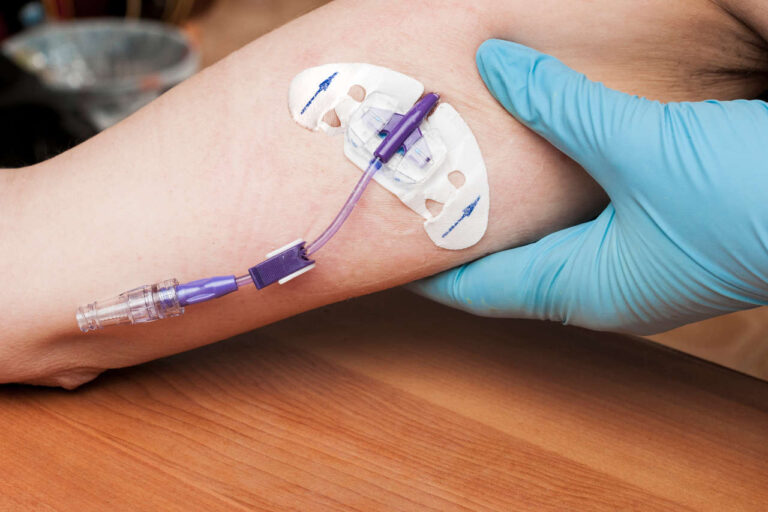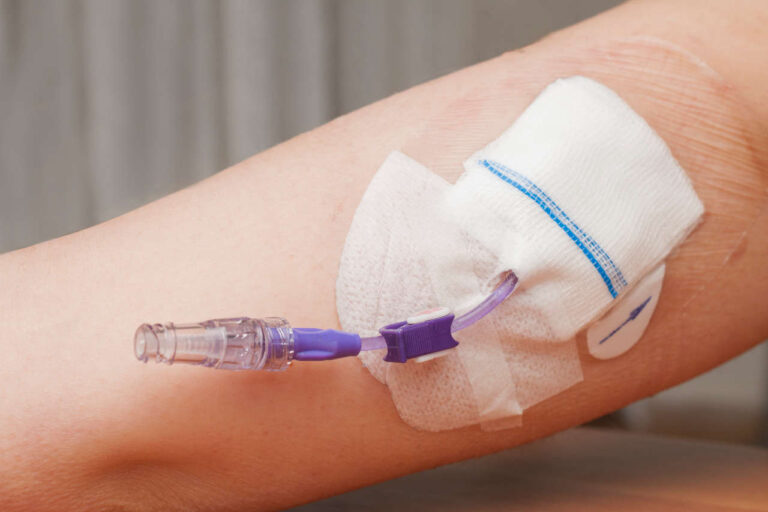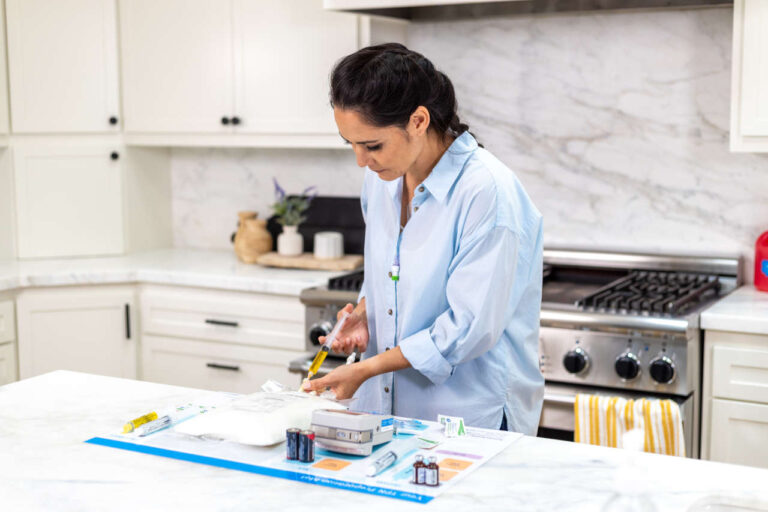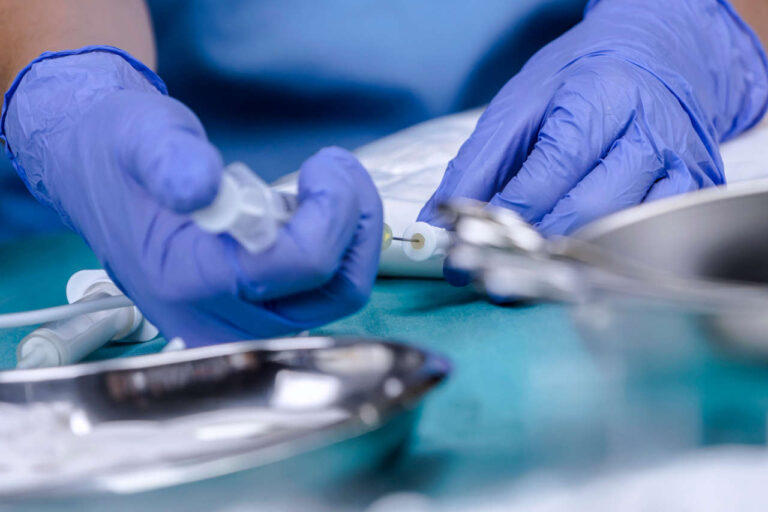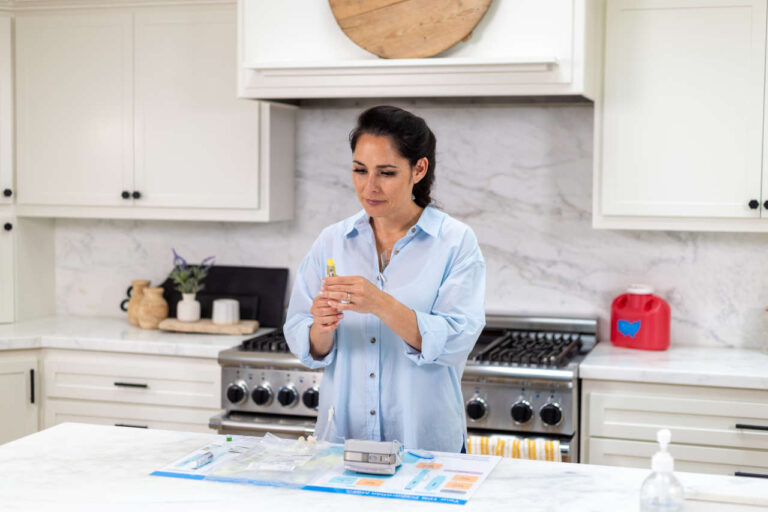
TPN, còn được gọi là dinh dưỡng qua đường tĩnh mạch toàn phần, là liệu pháp thuốc tiêm tĩnh mạch dành cho những người có hệ tiêu hóa bị tổn thương (đường tiêu hóa) hoặc không thể tiêu thụ thức ăn qua đường miệng. TPN chứa hỗn hợp nhiều thành phần khác nhau để đáp ứng nhu cầu dinh dưỡng hoặc chế độ ăn uống của một người, bao gồm carbohydrate, protein, chất béo, vitamin, khoáng chất và các nguyên tố vi lượng khác.
Dịch truyền tĩnh mạch có sẵn đầy đủ
Sẵn sàng liên tục, chăm sóc không bị gián đoạnKhông còn nghi ngờ gì nữa, TPN là một liệu pháp cứu sống, đưa chất dinh dưỡng trực tiếp vào máu. Tuy nhiên, khi phương pháp hấp thụ thức ăn và quá trình trao đổi chất đột ngột thay đổi thông qua TPN, cơ thể có thể gặp một số biến chứng để đáp ứng với sự thay đổi này. Liệu pháp TPN nên được sử dụng trong thời gian ngắn nhất có thể và việc chuyển sang liệu pháp đường ruột (uống, ống nuôi ăn) nên được thực hiện càng sớm càng tốt khi bệnh nhân có thể. Trong bài viết này, chúng tôi sẽ thảo luận về 4 biến chứng chuyển hóa phổ biến nhất có thể phát sinh với TPN, và cách bạn có thể giải quyết hoặc ngăn ngừa chúng.
Biến chứng chuyển hóa có nghĩa là gì và tại sao chúng xảy ra
Chuyển hóa là phản ứng hóa học diễn ra trong cơ thể chúng ta để chuyển hóa các chất dinh dưỡng có trong thức ăn thành năng lượng. Khi quá trình chuyển hóa bình thường của cơ thể bị rối loạn do bất kỳ lý do nào, chẳng hạn như bệnh tật, điều trị, dùng thuốc, hoặc bất kỳ yếu tố bên ngoài nào khác, có thể gây ra các biến chứng, thường được gọi là biến chứng chuyển hóa.
Biến chứng chuyển hóa thường liên quan đến sự mất cân bằng hoặc rối loạn nồng độ chất điện giải, hormone, chất dinh dưỡng và các chất khác cần thiết cho các chức năng khác nhau của cơ thể. Sự mất cân bằng này có thể dẫn đến các biến chứng chuyển hóa, chẳng hạn như tăng đường huyết, rối loạn chức năng gan, hội chứng tái nuôi dưỡngvà mất cân bằng điện giải.
4 biến chứng chuyển hóa hàng đầu của TPN và cách phòng ngừa
4 biến chứng chuyển hóa phổ biến nhất của TPN là:
Tăng đường huyết (đường huyết cao)
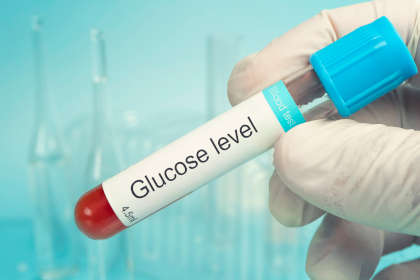
Dinh dưỡng qua đường tĩnh mạch hoàn toàn thường được xây dựng theo nhu cầu riêng của từng bệnh nhân. Giải pháp TPN chứa glucose, các chế phẩm tiêm truyền có hàm lượng glucose cao hơn có thể làm tăng lượng đường trong máu của bệnh nhân, dẫn đến tăng đường huyết.
Để ngăn ngừa hoặc giảm nguy cơ tăng đường huyết, việc theo dõi đường huyết trong quá trình điều trị bằng TPN và sử dụng các chế phẩm có hàm lượng glucose từ thấp đến trung bình là rất quan trọng. Nếu tăng đường huyết xảy ra do sử dụng TPN, có thể điều trị bằng một số loại thuốc nhất định, chẳng hạn như insulin, để giảm lượng đường huyết. Ngoài ra, cần theo dõi chặt chẽ lượng đường trong máu cho đến khi bệnh nhân hồi phục hoàn toàn.
Mất cân bằng điện giải
Một biến chứng chuyển hóa khác và cũng là mối lo ngại lớn liên quan đến việc sử dụng TPN là mất cân bằng điện giải. Việc sử dụng TPN có thể làm rối loạn nồng độ các chất điện giải trong cơ thể, như canxi, natri, magiê và kali, có thể dẫn đến các biến chứng khác, chẳng hạn như: loạn nhịp tim, rối loạn chức năng thần kinh cơ và các bệnh khác.
Để ngăn ngừa mất cân bằng điện giải, cần đánh giá chặt chẽ nồng độ điện giải, theo dõi thường xuyên và điều chỉnh liều lượng hoặc công thức theo tình trạng của bệnh nhân với sự hợp tác của bác sĩ, dược sĩ và chuyên gia dinh dưỡng.
Nói chuyện với một chuyên gia
Về Trợ cấp đồng thanh toánHội chứng tái nuôi dưỡng
Hội chứng tái nuôi dưỡng là một tình trạng chuyển hóa xảy ra khi bệnh nhân bị thiếu hụt hoặc suy dinh dưỡng nghiêm trọng được cung cấp dinh dưỡng quá mức một cách nhanh chóng, chẳng hạn như trong trường hợp TPN hoặc các hình thức điều trị dinh dưỡng khác. Hội chứng tái nuôi dưỡng gây mất cân bằng điện giải và thiếu hụt vitamin, đồng thời có thể dẫn đến co giật, hôn mê hoặc thậm chí tử vong.
Do đó, để ngăn ngừa hội chứng tái nuôi dưỡng, điều quan trọng là phải áp dụng liệu pháp dinh dưỡng một cách từ từ, chủ yếu ở những bệnh nhân bị thiếu hụt hoặc suy dinh dưỡng nghiêm trọng, cũng như những người đã trải qua chế độ ăn kiêng khắc nghiệt hoặc nhịn đói. Trước khi sử dụng TPN, bác sĩ hoặc dược sĩ phải hỏi về tiền sử sức khỏe của bệnh nhân để ngăn ngừa những trường hợp như vậy xảy ra.
Rối loạn chức năng gan
Rối loạn chức năng gan do TPN có thể xảy ra do mất cân bằng chất béo (lipid) và truyền quá nhiều glucose hoặc lipid, có thể làm suy giảm chức năng gan của bệnh nhân.
Để giảm nguy cơ suy giảm chức năng gan liên quan đến TPN, các nhà cung cấp dịch vụ chăm sóc sức khỏe nên hạn chế tối đa việc sử dụng và điều chế quá mức lipid và glucose trong liệu pháp TPN, đồng thời theo dõi chặt chẽ nồng độ lipid và glucose trong gan để đảm bảo không gây tổn thương. Việc chuyển sang phương pháp dinh dưỡng qua đường tiêu hóa sẽ giúp giảm nguy cơ suy giảm chức năng gan ở bệnh nhân.

